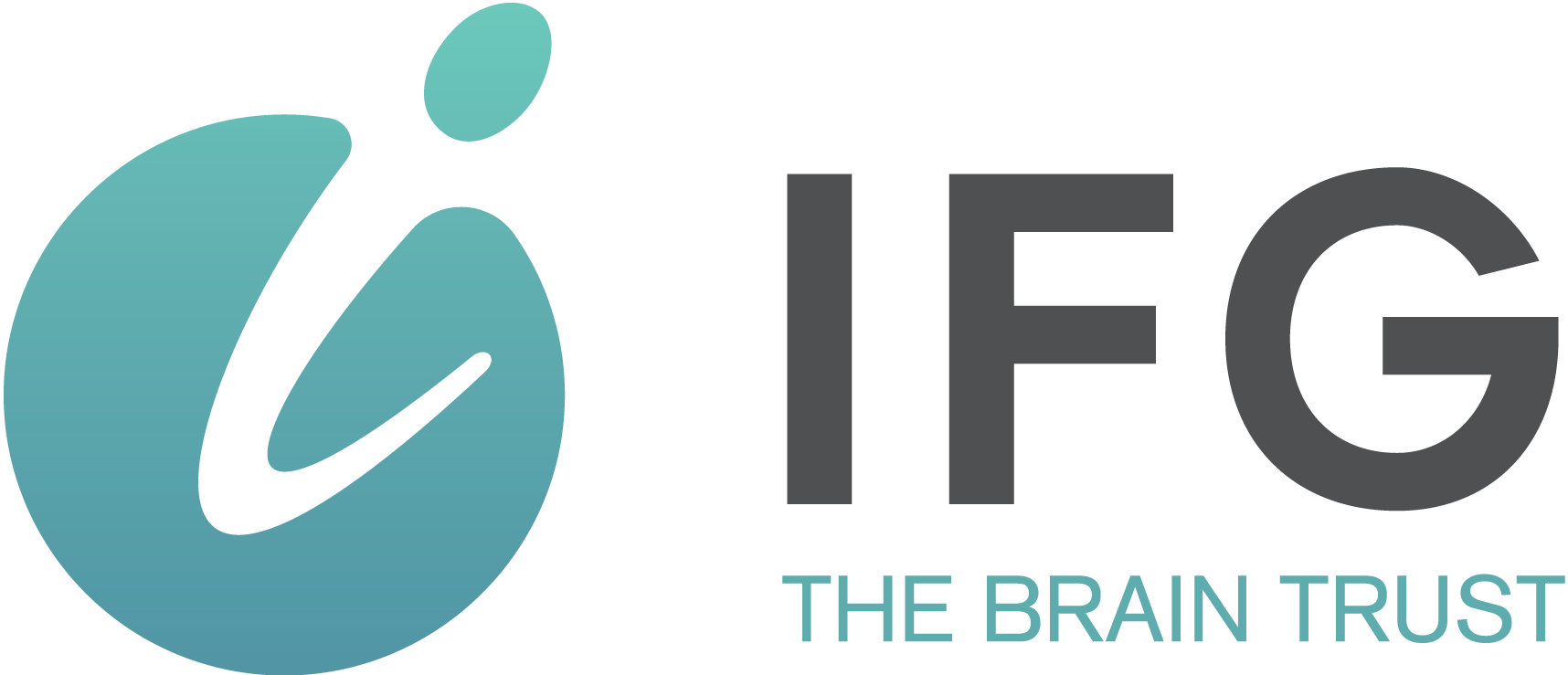- March 21, 2024
How to Create a Financial Advisor Business Plan

According to CEG Worldwide, as many as 70% of top-earning advisors have formal business plans and marketing strategies. But some seasoned financial advisors skip over creating a business plan, as many see it as something only new entrepreneurs need.
While a well-written business plan doesn’t guarantee success, it certainly helps. With a business plan, you’ll gain more clarity on your goals, create an established measurement of success, and build a goal-oriented roadmap. Read on to learn what makes an effective business plan for a financial advisor.

5 Elements to Include in Your Financial Advisor Business Plan
Creating an effective business plan involves several key elements. These components guide your strategy and decision-making, shaping your business’s growth and ensuring sustainability.
1. Your Niche
Carving out your niche is step one to having an effective business plan. In other words, who are you marketing to, specifically? Knowing your ideal client and tailoring your services to meet their needs is crucial.
A focused niche not only improves service delivery efficiency, but also enables you to command a premium for your specialized advice. This way, you can align your services, marketing content, and development with those in your niche.
Whether your niche is clients from a specific profession, individuals undergoing life transitions, or employees from a particular industry, identifying the client segment you enjoy working with is essential. This helps you design a specialty practice that meets their needs, as well as establishing your business as a leading authority.
2. Your Services and Tech Stack
After you have identified your target niche, it’s time to define your unique services and the technology that helps support them, which forms your Unique Value Proposition (UVP). Your UVP answers the question, “Why should I work with you?” and differentiates you from your competitors.
For example, if you’re targeting young entrepreneurs, consider what would appeal to them. Emphasizing your knowledge and comfortability with the most up-to-date technologies, as well as your firm’s ability to adapt to the rapidly-changing market would be your UVP.
Whether you serve entrepreneurs who are managing their personal and business finances, those nearing retirement age who need to plan for their later years, or engineers who need a financial plan, your UVP should attract your target clients.
3. Your Marketing Strategy
Without an effective marketing strategy, no one will know about your business, regardless of how superior your UVP, product, or service is. So the next pivotal step in ensuring success is to build a strategy that will speak directly to your niche.
Remember: it’s one thing to attract your ideal buyer, but quite another to motivate them to take action. Developing an informed marketing strategy will help guide you in converting prospects into clients.
4. Your KPIs
Setting key performance indicators (KPIs) is critical for measuring your business plan’s success. Your KPIs should align with your ultimate goals. Track metrics like client relationship rates, Net Promoter Scores, referrals per client, and response times to ensure you’re delivering outstanding client experiences.
Your KPIs will be influenced by your ultimate objectives, which can range from amassing $1 billion in assets and building a legacy, to establishing a solo practice that enables you to maintain your lifestyle and serve the particular client base you enjoy working with.
Various financial planning indicators can be used to benchmark your practice. For instance, consider tracking metrics like the next-generation client relationship rate. If your primary aim is to deliver an outstanding client experience, focus on service KPIs such as Net promoter scores, referrals per client, and response times.
Calculate Your Business Growth Rate
As a financial advisor, objectively assessing your business’s needs and growth potential can be challenging. The Business Growth Rate formula simplifies this process by providing a clear metric of success, guiding your strategic decisions and necessary adjustments to your business plan.
Your business growth rate acts as a sort of barometer of the “pressure” on your firm. It helps you identify areas for improvement and guides you to resources that can enhance effectiveness and revenue.
5. Your Role & Operations
When seeking to improve your business strategies, try to focus on a few key areas at a time rather than spreading yourself and your resources too thin. Prioritize urgent responsibilities like business development and financial planning.
Work smarter, not harder. Integrate the more substantial, critical tasks into your schedule, then utilize technology and repeatable processes for those less significant tasks. You may also consider outsourcing them, freeing up your time and energy to focus on more pressing responsibilities.
How IFG Can Help
Integrated Financial Group delivers a unique, comprehensive solution for business development that goes beyond mere financial planning. Our Advisor Development team is not just a consulting entity, but a partner, committed to accompanying you throughout your journey from being a financial planner to a successful business owner.
We provide strategic support in areas such as transition and integration meetings, business planning, and strategic coaching, which can help you focus on the fundamental aspects of your business. Allow us to assist with the handling of those less critical responsibilities, enabling smoother day-to-day operations. Establishing a partnership with Integrated Financial Group will empower your business to flourish and reach its potential.


